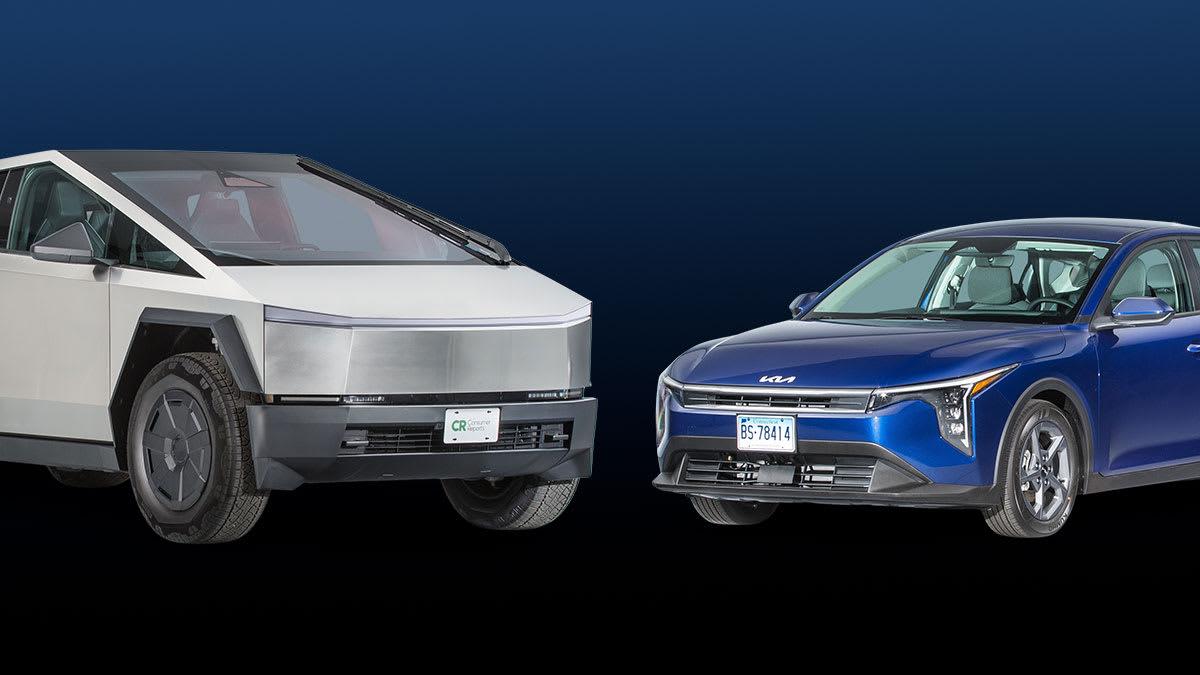Throwing it out there guys/ladies.
Has any one considered going full EV or Hybrid? I have for a long time but find the cost difficult to swallow versus reducing Co2 emissions given we only drive 5 to 6,000 kilometers a year, even if it was 10K is still hard to justify.
Perhaps by the time fossil fuels are fazed out EV's will be considerably cheaper? I will most likely be dead by then.
Cheers, Steve.
Has any one considered going full EV or Hybrid? I have for a long time but find the cost difficult to swallow versus reducing Co2 emissions given we only drive 5 to 6,000 kilometers a year, even if it was 10K is still hard to justify.
Perhaps by the time fossil fuels are fazed out EV's will be considerably cheaper? I will most likely be dead by then.
Cheers, Steve.






